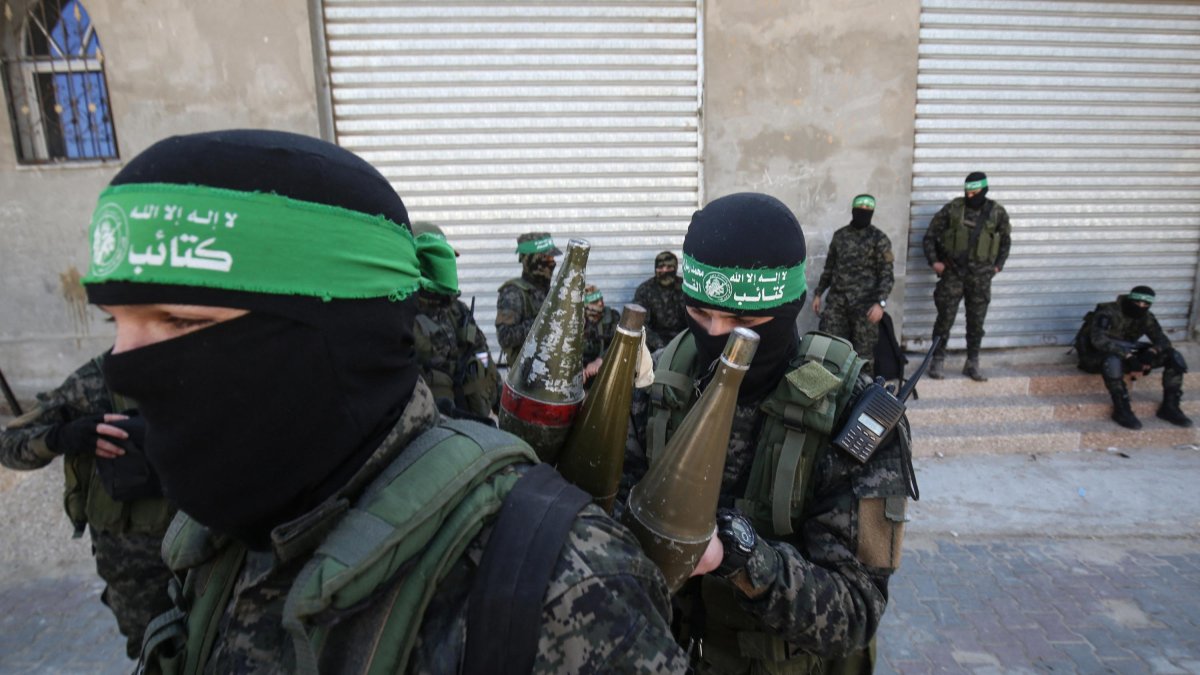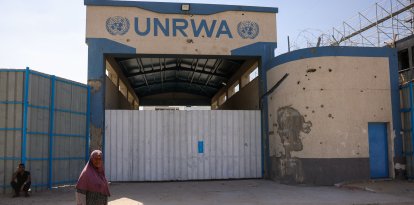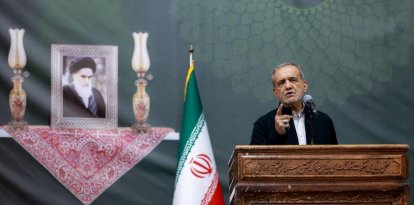Hamas: Agreement reached for the release of hostages’ remains
Egypt will oversee the transfer, which is expected to take place within 24 hours.

Terroristas de Hamás en Gaza
The Hamas terrorist group on Tuesday night announced that an agreement had been reached with Israel to resolve the delay in Jerusalem’s release of some 600 Palestinian terrorists as part of the current ceasefire agreement, Hebrew media reported.
Under the deal, the prisoners are to be freed simultaneously with the transfer to Israel by Hamas of four Israeli hostages’ remains, completing Phase 1 of the ceasefire agreement, according to Channel 12 News.
Palestinian women and minors will also be released from Israeli prisons.
Egypt, acting as a mediator, confirmed the agreement and will oversee the exchange, which is expected to take place within 24 hours. The Hamas-affiliated Quds network also reported that the transfer would occur under Egyptian supervision.
The hostages’ remains were initially scheduled to be released on Thursday in accordance with the terms of the terrorist group’s ceasefire agreement with Israel.
The Al-Nasser Salah al-Deen Brigades, a terrorist group in Gaza affiliated with Hamas, announced on its Telegram channel Wednesday that it will release the body of Israeli hostage Ohad Yahalomi on Thursday. Yahalomi’s body is one of the four to be returned by Hamas as part of the first phase of the Gaza ceasefire agreement.
Israel was set to free the prisoners on Feb. 22, including 50 serving life sentences, 60 serving long terms and 47 who were rearrested after being released as part of the 2011 swap for Israeli soldier Gilad Shalit.
Israeli Prime Minister Benjamin Netanyahu announced on Sunday that he had temporarily paused the Palestinian prisoners’ release “in light of Hamas’s repeated violations [of the ceasefire], including the ceremonies that humiliate our hostages and the cynical exploitation of our hostages for propaganda purposes.”
U.S. National Security Council spokesperson Brian Hughes described Netanyahu’s decision as an “appropriate response” to Hamas’s actions, according to Reuters.
Hughes stressed that U.S. President Donald Trump was ready to back Jerusalem in “whatever course of action it chooses regarding Hamas.”
On Monday night, Channel 12 News reported that the bodies of two slain hostages would be transferred to Egyptian territory “within 24 hours” in exchange for the release of 302 jailed Palestinian terrorists.
According to the report, Hamas agreed to release the bodies of two more deceased Israeli captives later in exchange for the remaining prisoners.
The return this week of the remains of four hostages would be the final exchange of Phase 1 of the ceasefire, which took effect on Jan. 19 and is due to end on March 1.
According to Israel’s assessment, there are 63 hostages remaining in Gaza, including 60 men and 3 women. Thirty-six of the captives have been murdered, including 35 from Oct. 7 and Hadar Goldin, abducted in 2014.

JNS
WATCH: Funeral of Shiri, Ariel and Kfir Bibas, killed in Hamas captivity
JNS (Jewish News Syndicate)
Israel to send delegation for next phase of hostage deal
U.S. Middle East envoy Steve Witkoff announced on Tuesday that Israel will send a delegation to Doha or Cairo to advance Phase 2 of the hostage deal. Speaking at an American Jewish Committee meeting in Washington, he highlighted significant progress and efforts to secure the release of more hostages. Witkoff added that he may join the talks if they yield positive results.
Israeli sources indicated to Israel Hayom that Hamas faces three possible paths: surrender, disarmament, and exile to bring the war to an end; prolonging the initial phase through further hostage exchanges for prisoners and increased humanitarian aid; or a return to full-scale combat.
Discussions on the return of the remaining hostages are set to begin in Cairo in the coming days, but only after Israel recovers the bodies.
Israel intends to send a delegation to these talks, building on groundwork established over the past two weeks in the U.S. between Strategic Affairs Minister Ron Dermer and Witkoff.
Despite the terms of the agreement, the Israel Defense Forces are not expected to withdraw from the Philadelphi Corridor or the security perimeter in the near future—if at all.


























